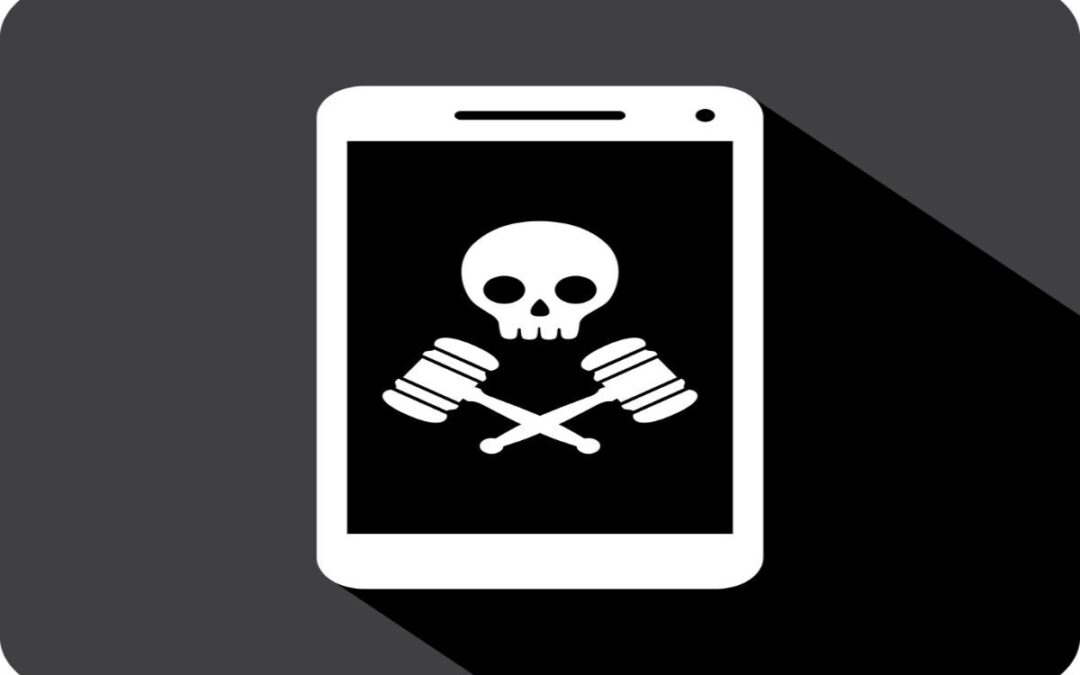Today, many individuals document every aspect of their lives on various social media platforms, such as Facebook or Instagram. When you suffer a tragic loss of a loved one or family member, you may want to express your emotions or talk about your experience on social media. While you may not mean any harm by your posts, you could inadvertently damage any wrongful death case you have.
Wrongful death suits can be complex. As a result, you should avoid taking any actions to put yourself in a position that jeopardizes your case, including making social media posts about your situation. An experienced Buckeye wrongful death attorney from Garrison Law Firm can guide you and your family through the legal process of recovering compensation for the loss of your loved one. Contact us today by calling 623-887-5689 or reach out to us online to learn more about your options following a wrongful death.
Understanding How Social Media Can Jeopardize Your Wrongful Death Case
While wanting to talk about your traumatic experience is understandable, using a social media platform is likely unwise. If you are dealing with the loss of a loved one and may have a legal claim related to their loss, posting on social media can be detrimental to your case.
First, everything you post on social media is discoverable in litigation. This situation means that the attorneys representing the party who allegedly caused your loved one’s death can and will look at your social media postings. Even with appropriate privacy settings, your accounts are not private regarding litigation. Parties are required to exchange information with one another throughout the course of a wrongful death case during a process known as discovery. If you have posted anything related to your loved one’s death or the pending litigation, it is fair game for the other party to the lawsuit to review.
Next, the other party to the wrongful death case may try to use your social media posts against you. They may use the posts to try and prove that you are not suffering because of your loved one’s death. For instance, if you post that you are engaging in activities that a grieving person normally would not, the other party may use it to create an impression that you are not as grief-stricken as you claim. A similar outcome may occur if you comment on social media suggesting you are not as affected by your loved one’s death as you claim.
As a result, we recommend that you avoid posting on social media or commenting on public websites until your wrongful death case is resolved. Even if you believe your social media activity is harmless, insurance companies representing the other party’s interests may take your posts out of context to harm your wrongful death case. The only way to avoid this is to refrain from social media activity while your claim is pending.
Here are some commonsense tips for avoiding situations in which social media can jeopardize your wrongful death case:
- Ask your friends and relatives to avoid posting anything concerning you or tagging you in photos on social media platforms.
- Clean up your friends, followers, and connections lists on social media. Stop following online groups that may compromise your reputation in any way.
- Stop posting anything, including photos, even if they predate the incident. Everything you post is subject to misinterpretation.
- Make your online profiles more private by choosing the narrowest privacy settings allowable. These settings allow fewer people to view and comment on your posts.
- Understand that even if you have an alias social media account limited to a few followers, such as a “Finsta” on Instagram, it may be subject to discovery during litigation. Therefore, the same rules apply to all your social media accounts.
Garrison Law Firm Can Help You Seek Compensation for a Wrongful Death
Filing a wrongful death claim can be a stressful and traumatic process, particularly as you struggle to cope with losing a loved one. However, a wrongful death lawyer from our office is prepared to assist you with that process. Contact us by calling 623-887-5689 or reaching out to us online. Schedule a free consultation today to discuss your situation and learn how we can help.

